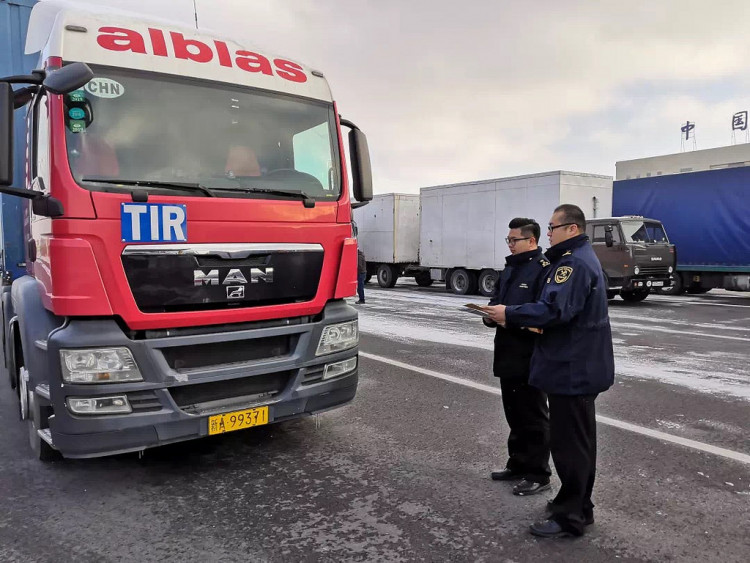A Dutch truck loaded with automobile lubricants from Europe reached China in 12 days. The truck's journey made 7,400 km from Germany to Western China passing through Poland, Belarus, Russia, and Kazakhstan.
After China ratified a United Nations convention on international road transport (TRI), Europe wanted to secure that the Silk Road route functions will benefit both sides as China hopes to use the initiative to tap into the European market.
In 2018, China secured delivery to Poland within 13 days under the TRI. The delivery took place after Kazakhstan and China allowed passage at the border city of Khorgas in September.
The two deliveries were both made by the Alblas, a Dutch company. According to Seibe Alblas, the company's CEO, they foresee a great future for road transport between China and Europe and he added that the two pilot deliveries show that both routes are "ready to become fully operational.
He, however, said that the door-to-door costs and delivery times linked to road transport are "highly competitive compared to other modes of transport". According to the World Transport Organisation (IRU), the costs might drop by 50 percent when compared to the cost of transporting by air and the deliveries are also 10 days faster when delivered via train. The delivery was completed by a single driver.
According to an IRU spokesperson during an interview with EURACTIV, the 12 days delivery span might be shortened to eight if two drivers, in a shift, will deliver the cargo. The TRI has been operational since the late 190s. Operators are now hopeful that they could use the full potential of the international rules.
The delivery of goods is also secured under TRI. Last week, a delivery arrived still with its custom seals intact. According to operators, the top costs that they experience are caused by lengthy waiting times at customs checks since wages increase hand-in-hand.
The TRI was ratified by China in 2016 and it has been implemented ever since despite the substantial preparatory work. Border crossings need to be followed and the customs officials need retraining to perform their duties under the new operating procedures.
On Wednesday, rail operators warned projected that freight operators contribute 10 percent of total CO2 emissions and one of the main reasons for the output is that 75 percent of the cargo is hauled on the road.





